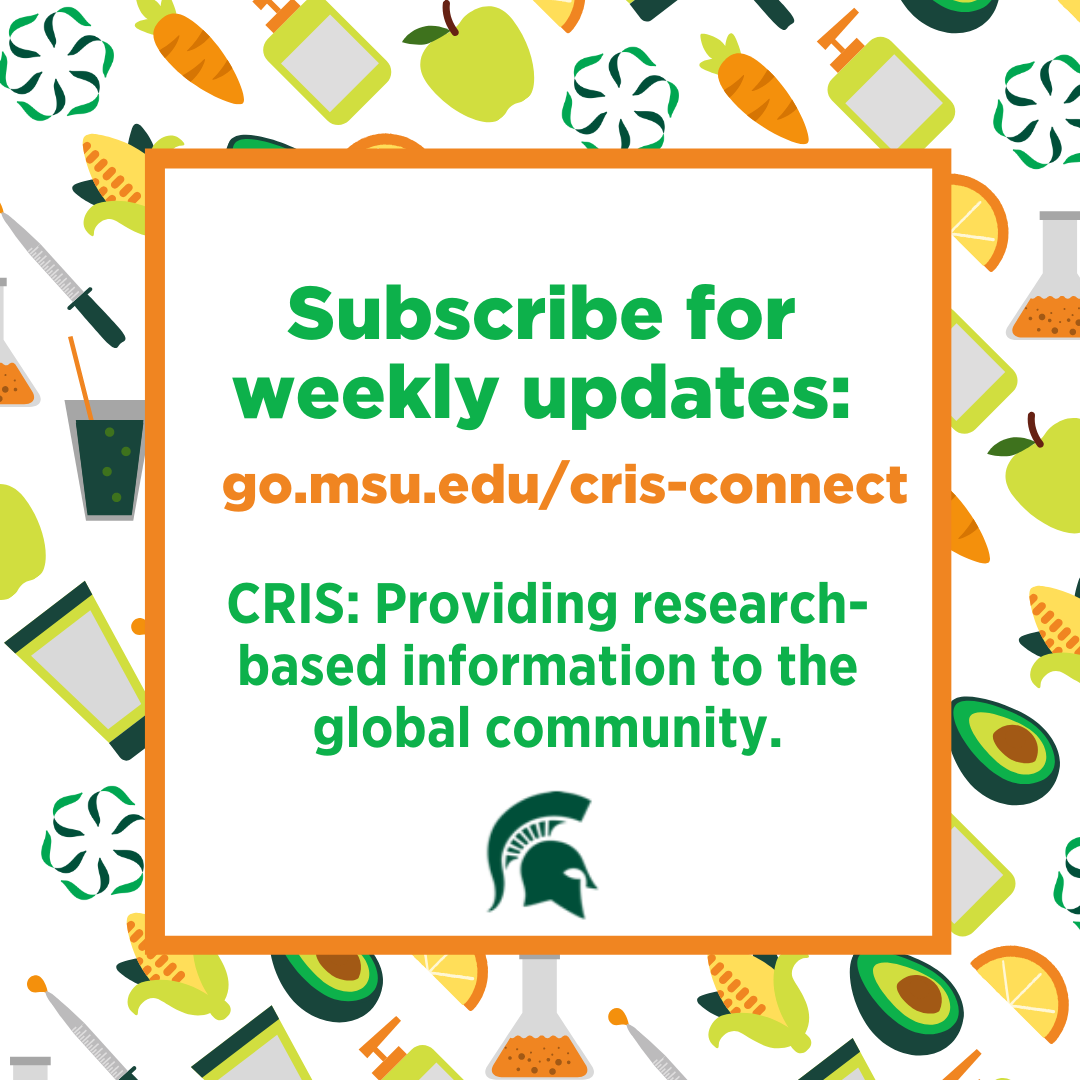How To Series – Interpret A Study
In our last post, we covered the background needed to interpret a study. In this post, we dig deeper.

So, you’ve found a reputable study, now what?
Once you’ve completed the vetting process and have determined that a study you’re interested in learning from passes the quality check, now it’s time to look through research.
What should you focus on?
Most researchers and academics will immediately read the section devoted to the methods researchers used to conduct their study and come to their conclusions.
conduct their study and come to their conclusions.
For most people, the method section will be extremely dense and may not make much sense if you don’t have a strong background in the subject area.
The majority of non-academic folks reading through a research study, should focus on a few core areas
- Background: this provides context for the research
- Sample size: look to see how many observations are involved, if it’s an exceedingly small sample size it may not be a study designed to show results on a population scale, rather it could be a study designed to demonstrate the need for a broader, larger research study to help draw meaningful conclusions
- Conclusion/discussion: This section is arguably the most important to non-researchers, here is where the researchers frame the results and provide context for what the results mean in the big picture.
When reading the conclusion/discussion, what should I take into consideration?
You should be skeptical of the research every step of the way. Don’t take their word for it, they need to prove to you they are right. It can help to think of it like you’re sitting on a jury, and you need evidence to support your decision. What evidence do the researchers provide that sway your opinion?
Every researcher will have their own bias or thoughts on the topics. When you’re going through the research, ask yourself did the researchers account for their biases? Did they prove through their research that this area is important, and does it matter to the bigger picture? If any, what other factors did the researchers identify that could explain the outcome?
Asking questions and remaining skeptical helps ensure you’re drawing sound conclusions from what you’re reading.
Can I interpret personal risk from a study?
It’s hard to determine personal risk from a study that often looks at a population, but we can make decisions based on the information we learn from a study.
For example, if we find a study that shows exposure to a specific compound in an industrial setting may lead to adverse health consequences, and we work in that industrial setting, we know we may be at an increased risk of an adverse health outcome based on the information from the study. That does NOT mean we will experience an adverse outcome, but it does mean it’s a more likely possibility. With that knowledge, we can make better decisions for our personal wellbeing.
If we read the same study about industrial exposure to a compound, but we’re rarely exposed to that compound and only in very small amounts, we know the chances of an adverse health outcome is unlikely so we wouldn’t need to change our behavior.
If I am unsure about the results of a study, what do I do?
There are many ways to approach situation. There are a few steps you can take to help better understand a study’s results.
- Search for other research papers on the same topic to learn the context.
- Look for more information in reputable magazine publications like National Geographic, Popular Science, Scientific America, etc.
- See if there is a massive open online course (mooc) on the subject, often you can find a mooc on a subject area taught by PhD experts.
- Reach out to the researchers who conducted the study. Researchers are people too, and they may be able to help you understand something better or can point you to someone who can assist you better.
What else do I need to know?
Science changes and evolves as we learn more. The whole point of the academic process is to gain more insight and understanding of the world around us and within us. It’s easy to become frustrated and confused when we see information changing quickly or when one study contradicts another study so there isn’t a clear answer. But if we keep an open, yet skeptical mind around research and outcomes we can learn how best to interact with the world around us.
The good news.
Science isn’t just for scientists. By thinking critically, taking our time, and putting in some work, we can really understand the research that underpins the ongoing science conversations.
If you have any questions about foods and ingredients, please reach out to us on Twitter, send us an email, or submit your idea to us at go.msu.edu/cris-idea.



 Print
Print Email
Email




